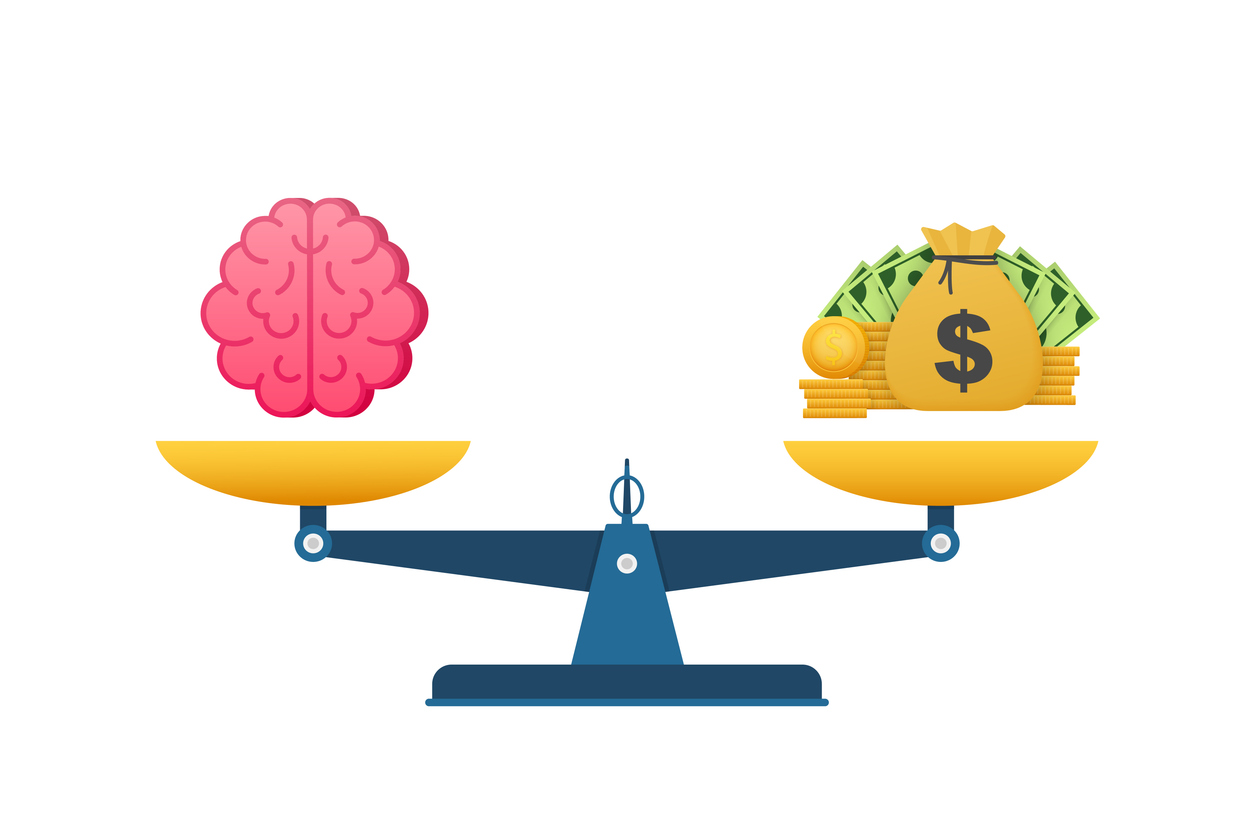Both sound impressive. Both promise careers in therapy and research. But here’s the truth: the degree you choose shapes not just what you study, but also how you practice, where you work, and even how easily you get licensed in India or abroad.
At Vishwakarma University, Pune, psychology programs are designed with these differences in mind, giving students clarity on what fits their goals; whether that’s becoming a therapist, counsellor, researcher, or clinical psychologist.
This blog will help you understand the real difference between MA and MSc psychology, their curriculum, admission requirements, career paths, salaries, and licensure rules, so you can confidently decide which course is right for you.

First Things First: MA vs MSc in Psychology – What’s the Core Difference?

At its simplest:
- MA Psychology (Clinical/Counselling) leans toward practice and therapy skills, it’s designed for those who want to work directly with clients.
- MSc Psychology (Clinical/Counselling) leans toward research, statistics, and evidence-based methods, ideal if you want to combine therapy with research or pursue a PhD later.
The MA in Psychology (Clinical/Counselling) usually emphasizes therapeutic practice, counselling, and applied psychology. If your dream is to become a practicing therapist or counsellor, this path prepares you with real-world clinical training.
The MSc in Psychology (Clinical/Counselling), on the other hand, leans more heavily into research and scientific methodology. Think of it as theory and evidence-based approaches, preparing you for roles in clinical research, academic careers, or further doctoral studies.
In short:
- MA = Practice-first (therapy, applied counselling).
- MSc = Research-first (clinical research, academic pathways).
This distinction is at the heart of the classic research vs practice debate in psychology.
Curriculum Differences
Here’s a quick look at how the curriculum of MA in Psychology differs from the curriculum of MSc in Psychology:
|
Aspect |
Curriculum for MA Psychology (Clinical/Counselling) |
Curriculum for MSc Psychology (Clinical & Counselling) |
|
Focus |
Human behaviour, therapy, counselling techniques, applied practice |
Research methods, clinical assessment, psychometrics, neuroscience |
|
Style |
More course-based, seminars, case studies, internships |
Often thesis-based with lab work and data analysis |
|
Thesis |
Optional (depends on university) |
Frequently mandatory (especially in USA/Canada) |
|
Practical Training |
Strong emphasis on therapy and counselling sessions |
Balanced with research assistantships, experiments, lab projects |
|
Best For |
Students aiming to become therapists or counsellors |
Students who may want to become clinical researchers, professors, or PhD candidates |
After this if you’re wondering, ‘Which degree is more practical?’, the MA psychology for becoming a therapist often has more hands-on counselling, while the MSc psychology dives deeper into stats and research.
Admission Requirements
This is where students often get confused. Let’s simplify:
Admission requirements for MA Psychology:
- BA/BSc in Psychology or related field (in India, sometimes even a strong humanities/social sciences background works).
- No GRE required (in India/UK).
- Portfolio of internships or counselling-related work helps.
Admission requirements for MSc Psychology:
- A strong psychology or science background is preferred.
- GRE may be needed for MSc programs in the USA.
- A strong research statement or proposal is valued.
So, if you’re asking, ‘Do I need a GRE for MSc Psychology?’, the answer depends on your country. USA = likely yes, Canada/UK = often no, India = not required.
Career Paths After MA Clinical Psychology vs MSc Clinical Psychology

Your degree decides how you’ll enter the professional world.
Career paths after MA Clinical Psychology:
- Counsellor in schools, colleges, or private practice
- Clinical therapist under supervision/licensed path
- HR roles, mental health NGOs, wellness startups
- Corporate counsellor (workplace therapy)
Career paths after MSc Clinical Psychology:
- Clinical research associate or assistant
- Licensed clinical psychologist (after completing licensure requirements)
- Academic/research careers (PhD, teaching, publications)
- Neuropsychology labs, pharma, or health-tech companies
Salary & ROI

Money matters, right? Let’s compare:
- Salary after MA in Clinical Psychology (India): ₹3-6 LPA starting, can grow with private practice. In USA/Canada: $45,000-$65,000 entry-level.
- Salary after MSc in Clinical Psychology: ₹4-7 LPA in India, but globally $55,000-$75,000+ because research and clinical licensing roles often pay more.
ROI of MA vs MSc depends on your goals:
- Want faster entry into therapy careers? MA is efficient.
- Want higher research-driven salaries? MSc pays off long term.
Licensure & Professional Recognition
This is where many students ask:
- Can I get licensed with an MA in Psychology?
- Can I get licensed with an MSc in Psychology?
The answer depends on where you study:
- In India: Both MA and MSc graduates need an MPhil or RCI-approved program for full licensure.
- In the USA/Canada: MSc (or MA with clinical focus) may qualify you for licensure, but requirements differ by state/province.
Licensure requirements must always be checked against your target country.
So Which Degree is Right for You?

Let’s simplify with a quick comparison:
|
Aspect |
MA Psychology with Clinical Specialization |
MSc Psychology with Clinical Focus |
|
Focus |
Therapy, applied practice |
Research, scientific methods |
|
Best For |
Aspiring therapists & counsellors |
Future researchers & academics |
|
Duration |
2 years |
2 years (thesis-based) |
|
Licensure |
Possible, varies by country |
Possible, varies by country |
|
Career Path |
Counselling, applied psychology |
Research, academia, PhD |
|
Pros |
Practical, therapy-oriented |
Research-driven, global opportunities |
|
Cons |
Less research-focused |
Less therapy exposure |
Global Differences

- MA vs MSc Psychology in India: Both valued equally, though MSc is often linked to science-heavy universities.
- MA vs MSc Psychology in USA: MSc leans toward research; MA often towards counselling/therapy.
- MA vs MSc Psychology in Canada: MSc more prestigious for research; MA better for clinical practice in counselling settings.
Universities worldwide vary, so always check university-specific differences before applying.
Final Thoughts
So, which degree has more scope? The truth is: both do, in different ways.
- If you want to counsel clients, work in therapy, and apply psychology directly, the MA Psychology for becoming a therapist is your route.
- If you want to publish research, teach, or move into doctoral studies, the MSc Psychology for clinical researcher path fits better.
At the end of the day, it isn’t about which degree is ‘more respected’, it’s about what aligns with your career goals, strengths, and aspirations.
If you’re still confused, explore both programs at Vishwakarma University, which offer practice-driven as well as research-focused training in psychology. With flexible study options, and pathways for both fresh graduates and working professionals, it’s a great place to start your journey in mental health.
Final Tip:
If you’re still stuck thinking ‘Which diploma is right for me: MA or MSc?’ ask yourself this:
Do I picture myself more in a therapy room or in a research lab?
That answer will guide you better than any ranking list.




